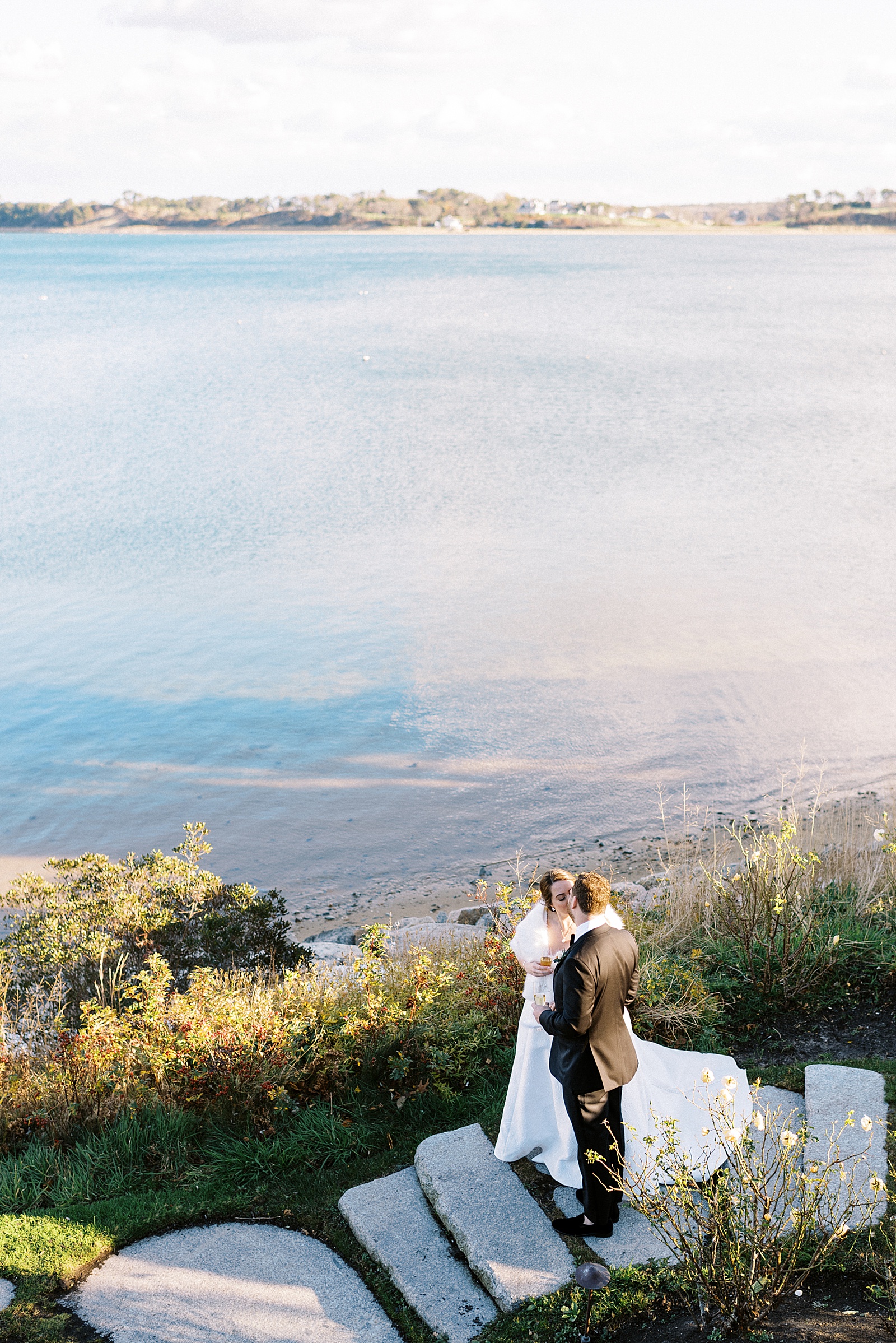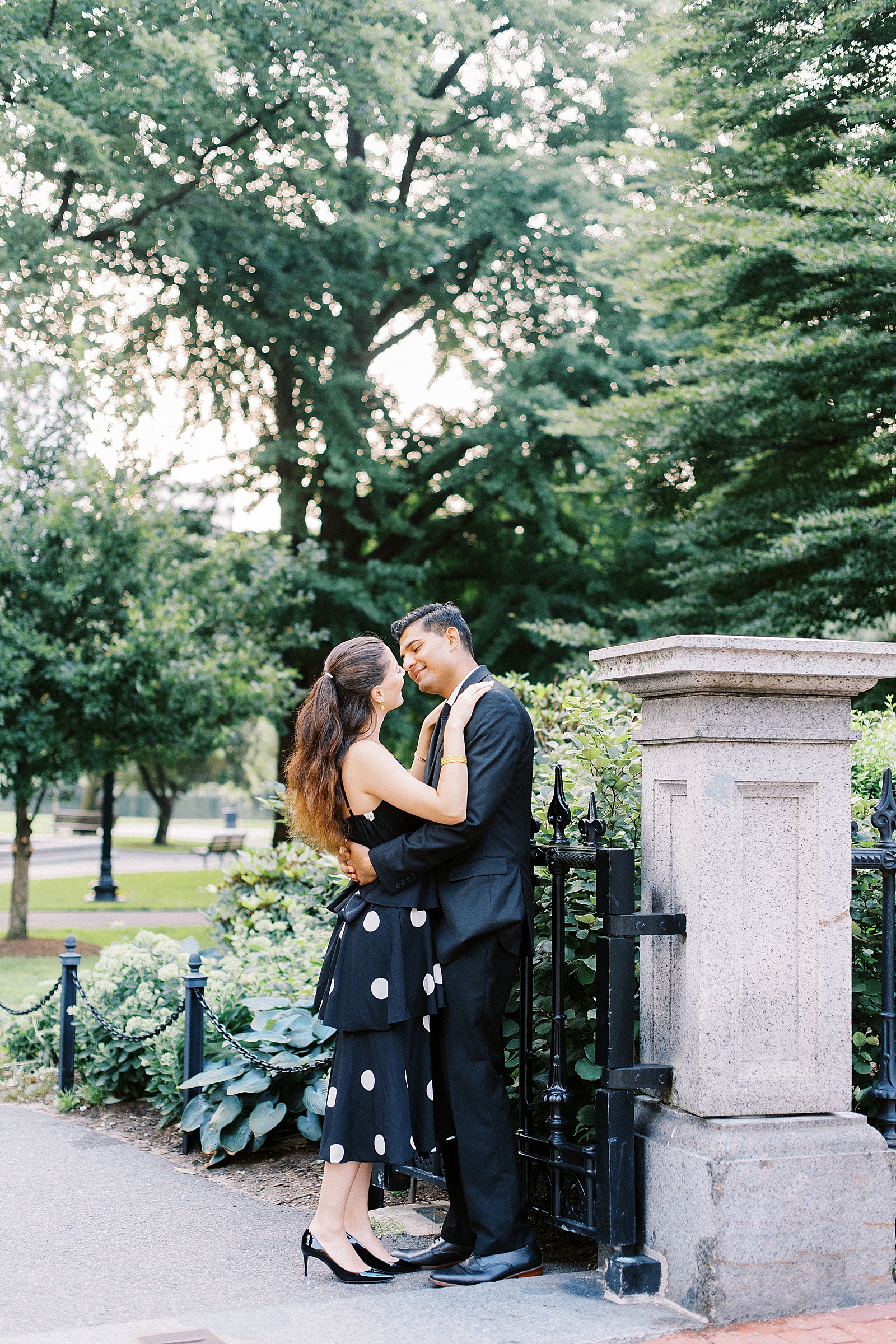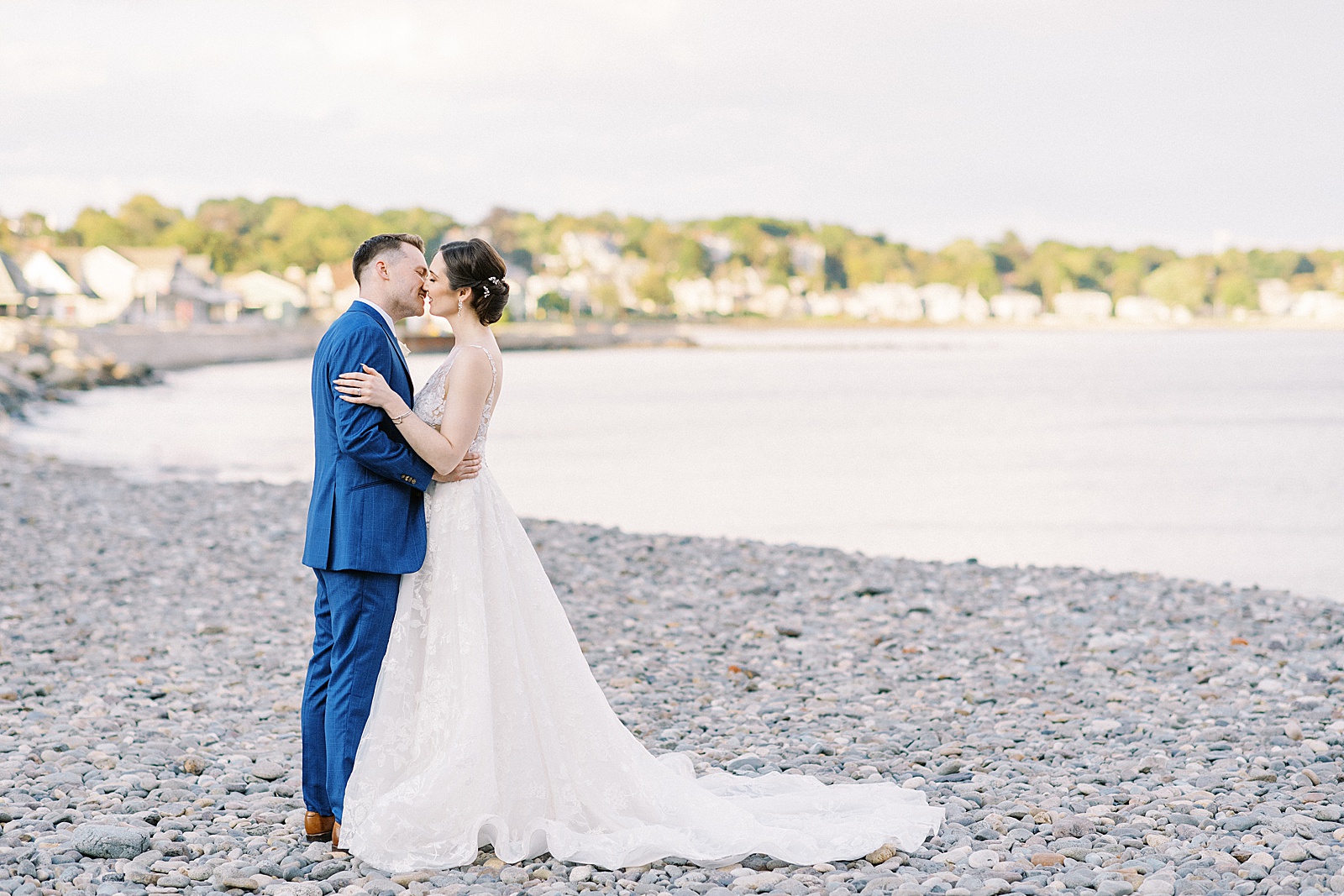Do you run a small business? Ever wanted to create a successful mentorship program?
This blog post is for you.

I was a high school educator for a decade and have worked 1-on-1 with multiple mentees for many years. Today, I’m sharing the things I have found worked well and are essential to a successful mentorship program.
First, let’s start with the basics. What is a mentorship?
A mentorship is a long-term supportive relationship between someone established in the same industry and someone looking to grow within that industry.
It often includes a mixture of advising sessions and on-the-job experience. It’s a role where the mentee is allowed to learn and fail, and try again in a safe space and with support and guidance. Keep in mind that mentorships are not simply free labor, but an exchange of services and knowledge.
Another important thing to note is that the mentee is there to learn and further their own goals, not become a carbon copy of their mentor.
For example, here’s some feedback from a recent mentee of mine:
Applying for Lynne’s mentorship program in early 2020 was an exciting step for my growth as a wedding photographer. I honed my technical skills and was able to shift my mindset to start thinking like a true business owner.
That’s the goal – to help set someone else move forward on the journey of achieving their goals and dreams.

There are two ways to go about a mentorship program in your business. Mentorships can be offered for free, or you can charge a fee for your time as a mentor.
You just need to decide which is right for you and your business. To do so, consider your main goal in mentoring. Are you most excited to:
- Give back to the next generation of professionals
or
- Create a second stream of income and get paid for your expertise.
Chances are you got to where you are today because someone helped you along the way. So, if you’re starting a mentorship program to help pay it forward and help another person grow in your industry – great! If you know you have valuable experience and knowledge to share and you decide to charge for that expertise – also great!
It’s all about getting clear on your why.

No matter free or paid, here are some things a successful mentorship program needs:
- Clear expectations on both sides
- Clearly laid out time commitment
- Aligned goals/outcomes for the mentorship
- Mentor who will be an open book and share knowledge, resources, tools, etc.
- Mentee who is invested, curious, and committed to learning with an open mind.
Mentorships fail because of a lack of clear expectations, outcomes, or communication. So your job as mentor is to set these from the start with a clear position description & structure for the mentorship.

Good questions to ask yourself before launching your program:
- How long will it last?
- How many times will you meet?
- How many day-of events will your mentee be expected to attend?
- What are the roles you expect a mentee to fulfill on site?
- What kinds of support will be provided virtually?
You’ll also want to have a written agreement in place before starting any paid or free mentorship programs, to ensure that you and your mentee are on the same page.
Want to know what a successful mentorship program could look like?
Here’s an example structure for a year-long mentorship model for wedding pros:
- Kick-off meeting
- Quarterly advising sessions: 2-hours each – in person or video chat
- Attend and assist at a minimum of X number of weddings/events – (I like to make it a minimum of 10 because unique scenarios present themselves with each event and the only way to truly learn how to tackle those scenarios is to experience them first hand).
It can be that simple, or you can make it more in-depth. Truly whatever works best for you! The main goal here is to have a structure in place that you can commit to consistently, without feeling like it places too much stress on you or your schedule.
When taking on a mentee, I’ve found that the most beneficial experience for mentoring photographers is to allow them to act as a 3rd photographer by your side for the day, as well as an assistant.
Learning the technical aspects of shooting in varied lighting and at the high speed with which weddings happen is essential. Only assisting will not give them the chance to fully learn the skills they need or to build their portfolio. If you only want an assistant – pay someone for that job instead!
Here’s what one of my mentees said after spending a couple wedding seasons alongside me:
“At the beginning of my mentorship, I struggled with consistent lighting, camera settings and on-camera flash. Lynne took the time to walk through each of my pain points and provided opportunities throughout the wedding day for me to practice new skills. With Lynne’s guidance, I’m now able to consistently produce sharp images, evaluate lighting, confidently navigate in-camera settings, approach client posing confidently, implement best business practices, and create a memorable client experience. The time we spent together was invaluable.“
This concept applies to every successful mentorship program, though, not just photographers. If you’re bringing someone into a mentorship experience, they need to be given the opportunity to practice all of the essential skills and tasks of the profession when on site.

So those are some overview notes for creating a mentorship structure that is mutually beneficial! I have a more in-depth quick start bundle available (for FREE) that will walk you through more steps in the process.
It includes:
- step-by-step application process for finding the right mentee
- sample position description to clearly explain and promote the mentorship
- sample contract/agreement
- sample expectations
- 1-pager for onboarding your mentee
and more…
I crafted this specifically for people looking to develop their own successful mentorship program and included a LOT of free details & knowledge in there.
You can download it here by clicking into the “digital shop” on my education page:

comments